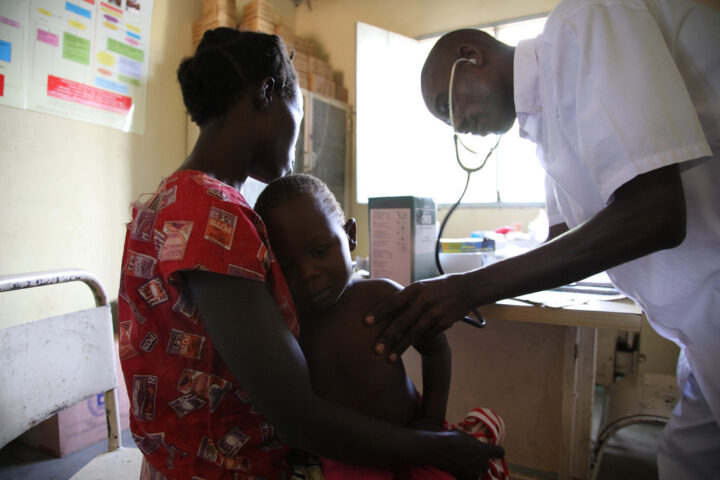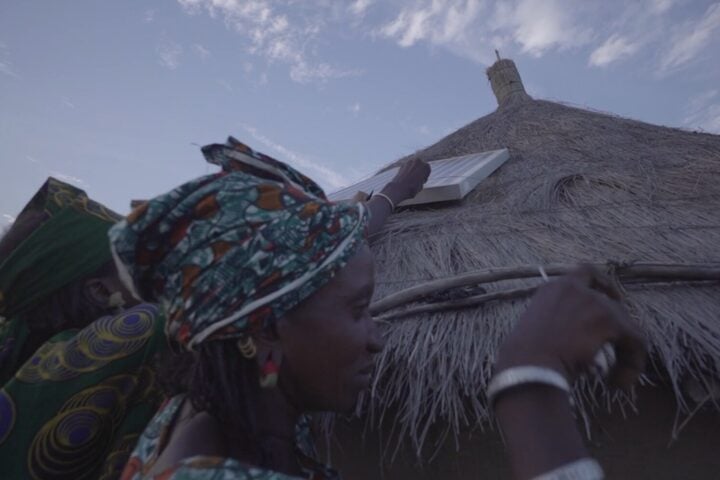Tanzania has confirmed a deadly virus outbreak that requires quick public attention and action. President Samia Suluhu Hassan announced on January 20, 2025, that one person tested positive for Marburg virus in the Kagera region. This came after eight deaths were already reported in the area.
“Even though there is no approved treatment or vaccines, outbreaks can be stopped quickly,” said WHO Director-General Dr. Tedros Adhanom Ghebreyesus. He noted that while global risk remains low, swift action is crucial to prevent spread.
The Marburg virus spreads through direct contact – this means touching the blood, saliva, or other body fluids of sick people. It can also spread by touching surfaces with these fluids. Someone with the virus may not show signs for up to 21 days, making it hard to spot early cases.
People who get Marburg virus experience symptoms including high fever, headaches, muscle pain, diarrhea, and vomiting. In severe cases, they may have bleeding problems that can be fatal. According to WHO, the virus has a fatality ratio of up to 88%.
Health teams have already started tracking 300 people who may have been exposed. Of special concern, 56 healthcare workers are being monitored after caring for sick patients. Another 16 people had direct contact with those who fell ill.
Similar Posts
The location of this outbreak worries health experts. Kagera sits at a crossroads where Tanzania meets Rwanda, Burundi, and Uganda. The region has significant cross-border movement of people. Rwanda just fought its own Marburg outbreak that infected 66 people and killed 15 before ending in December 2024.
“WHO advises against restrictions. Now is the time for collaboration,” Dr. Tedros emphasized, highlighting how countries need to work together to control the virus.
To stay safe, people should avoid contact with fruit bats, which carry the virus naturally. Regular hand washing and avoiding close contact with sick people are essential steps. While no cure exists yet, prompt medical care is important for managing symptoms.
This isn’t Tanzania’s first battle with Marburg. In 2023, six people died in the same region during a two-month outbreak. Health officials are using lessons from that experience to respond faster this time.
The current situation shows why quick response matters with dangerous viruses. When healthcare workers get proper protection, when contacts get traced rapidly, and when communities understand how to prevent spread, outbreaks can be controlled. These actions help protect families and communities from a virus that, while deadly, can be stopped with the right measures.

















